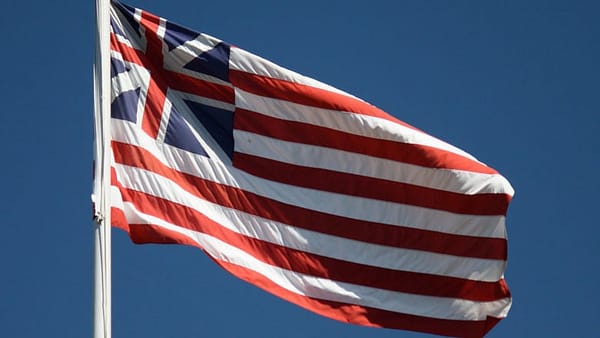Is community possible in contemporary America?

In the 1950s, Robert Nisbet summarized the effects of nineteenth-century individualism on modern humans in the book The Quest for Community: "[Nineteenth-century] individualism has resulted in masses of normless, unattached, insecure individuals who lose even the capacity for independent, creative living." His brutally honest assessment is only more true today; our public universities are busy cushioning a generation of young people so insecure that they're unable even to hear mention of controversial things without needing a "safe space," and creativity is defined as carrying a mattress around campus.
The wound that was open in the 1950s has scabbed over, and many of us struggle to imagine an existence besides the individualistic one Nisbet describes, where we are responsible for our own self-definition, accountable to no one for what we choose to become—and bereft of social grounding in a community.

